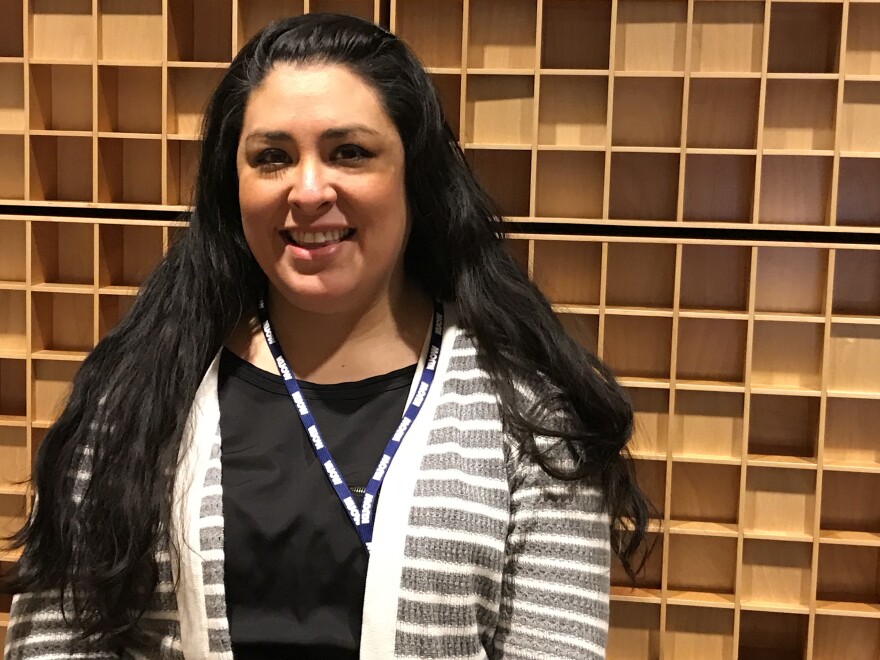According to the 2017 Count Us In survey, Native Americans in Seattle/King County are seven times more likely to be homeless than any other population.
Colleen Echohawk, the executive director of the Chief Seattle Club, a nonprofit that serves Native people in Seattle, spoke with KUOW about the problem this last summer.
For a year-end series from our Race and Equity Team, reporter Katherine Banwell caught up with Echohawk again to ask what is pushing so many Native Americans into homelessness.
Note: Echohawk is a member of KUOW's board of directors.

